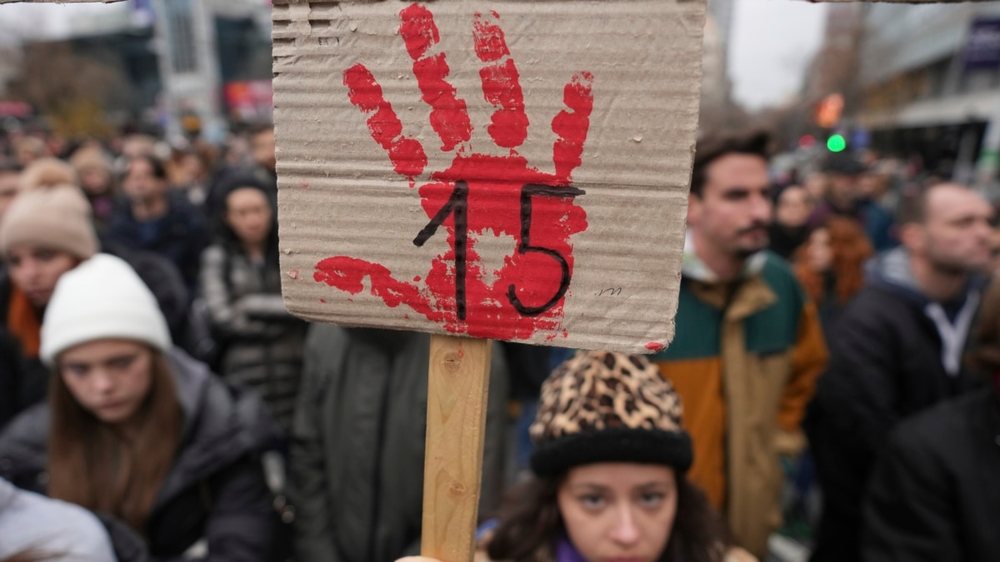
Amnesty International said on Monday that Serbia's secret service and police have been eavesdropping on journalists and opposition activists by installing spyware on their mobile phones.
The human rights group's report, backed by testimony from those who claim their phones were hacked in recent months, says the hacking program was used to unlock phones, record screenshots and copy contact lists, which were then uploaded to a government-controlled server.
Igor Bandovic, director of the Belgrade Center for Security Policy, said that the report is evidence that the country is in a "digital prison", according to A2.
"For us, this is evidence that the Intelligence Service together with the Ministry of the Interior have used software on practically everyone who thinks differently from the government, which means non-governmental organizations, students, activists and now we have evidence, as the report says, that such programs were used to compromise these people, to intimidate them, to harass them, to curtail protests and everything that these people were doing to try to fight for democracy and human rights in this country", he said.
The report, titled "A Digital Prison: Surveillance and Suppression of Civil Society in Serbia," says Serbian police and the Secret Service used the program to infect devices while their owners were detained or being questioned by police.
"This program was commonly used after people were arrested. While they were being interrogated, their phones were hacked and infected. Compared to the Pegasus and Predator programs which are much more sophisticated tools and can be activated remotely, in this case to have physical contact with the victim's phone," explained Igor Bandovic.
Serbian police said in a statement that the human rights group's report is "absolutely inaccurate", but also added that "the program is used in the same way by other police forces around the world".
The Serbian secret agency wrote on its website that it "works exclusively in accordance with the laws of the Republic of Serbia".
Amnesty International's report comes as Serbian President Aleksandar Vucic faces growing anti-government protests that have so far been largely peaceful, posing one of the biggest challenges to his more than a decade of rule. and more autocratic.
Protests led by university students and opposition activists followed the collapse of a concrete roof at a railway station in the city of Novi Sad on November 1, which left 15 dead.
President Vučić has accused Western intelligence services, non-governmental organizations and foreign media of "hybrid warfare" against him and his government by illegally financing the protests./Voice of America (A2 Televizion)











